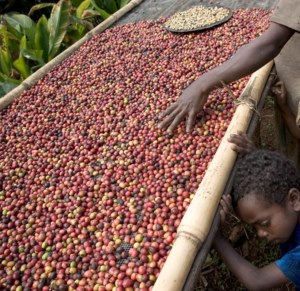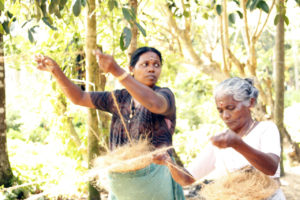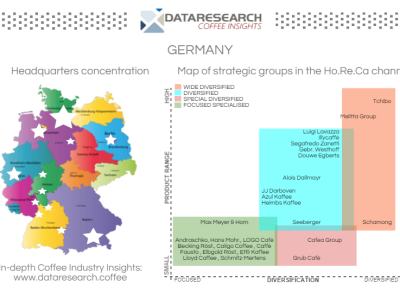A ban on a range of vegetables, fruit, and flowers from Uganda was imposed by the Federal Service for Veterinary and Phytosanitary Surveillance. The ban is aimed to fight contraband goods that might be shipped to Russia from Europe via African countries despite the sanctions. Earlier this year the Federal Service for Veterinary and Phytosanitary Surveillance banned reexport of certain
Russia Bans Coffee from Uganda






